
Book now for RKEDF training in June 2025
Click on the titles to find further details and book your place
RKEDF: Principal Investigation – Post Award for RKE
Wednesday 4th June 13:00-14:30 – in person, Talbot Campus
This session is aimed at any researcher who is, who plans to be, a Principal Investigator for an externally funded research or knowledge exchange project. By the end of the session, attendees will have a strong foundation of what to expect when being responsible for their awarded projects. Topics covered include:
- What is post award? • Roles and responsibilities • Systems
- Key policies • Starting your awarded project • Making changes to your project and reporting • Hints and tips
Developing Policy Engagement for Impact
Wednesday 11th June 09:00-13:30 – online
Are you preparing an impact case study for REF 2029? Do you need expert advice on navigating the policy landscape to ensure your research reaches decision makers? If so, this online workshop is perfect for you. Carys Davis, a public affairs and policy consultant from The Other Place Public Affairs Ltd., will lead this workshop. RDS’s Impact Team will be present to offer support and guidance. Gain valuable insights and practical tips to effectively engage with policy makers and highlight your research.
This workshop is primarily aimed at researchers working on impact case studies for REF 2029, who will be given priority for registration. If you’re unsure whether this is suitable for you, please consult your UOA impact champion. This workshop will be held online via Zoom. The link will be sent out closer to the date.
BRIAN drop in surgery
Tuesday 17th June 13:00-15:00 – in person, BG-315, Lansdowne Campus
This is an in person, 2 hour drop in surgery for questions or issues relating to BRIAN. No question is a stupid question so pop in and ask. No booking required.
RSA: Getting Started, Securing Funding, and Advancing Your Career
Thursday 19th June – 10:00 – 14:30 – in person, Talbot Campus
This in-person event will take place over lunch and is dedicated to providing support, inspiration, and encouraging meaningful connections among research staff across all faculties. There will be expert advice on getting started and securing funding, along with practical tips from peers who will share case study examples of successful grants and lessons learned. By the end of the session, you’ll have valuable tools to navigate funding opportunities and plan your next steps—whether in academia or beyond. It is also a great opportunity to connect with colleagues and be part of a supportive research community. Open to all BU research staff, no matter where you are in your research journey.
Getting your REF impact case study off the ground
Thursday 26th June – 09:30 – 12:30, in person, Tabot Campus
This practical workshop gives you the opportunity to plan your impact case study. Starting this process early can help to gain much-needed clarity, both about your impact project(s) and about expectations for the final product for REF2029. In this workshop, Bella Reichard will guide you through creating (1) a narrative arc for your impact case study, and (2) an action plan to progress and evidence your impacts.
This workshop is for anyone who is considering preparing an impact case study for submission to REF2029. You may have submitted drafts to internal REF mock exercises in 2023 or 2024. You may be new to the process, in which case please let your relevant BU Impact Champion know that you’re interested in preparing a case study. This workshop is not limited to a single person per potential case study. If several academics are collaborating on a project it can be very useful to attend together.
Epigeum Research Skills Toolkit
Do you want to refresh your researcher skills? Have a look at the Epigeum Research Skills Toolkit (on demand online modules). Further information on how to access Epigeum courses can be found here.
Links for further RKE information and support are below:
RKE SharePoint page: RKE – Home
RKEDF SharePoint for development opportunities: Research and Knowledge Exchange Development Framework RKEDF – Home
RKEDF Brightspace: Homepage – Research & Knowledge Exchange Development Framework
Please help us in avoiding any waste of resources; make sure you can attend or cancel your booking prior to the session. For any further information, please contact RKEDF@bournemouth.ac.uk
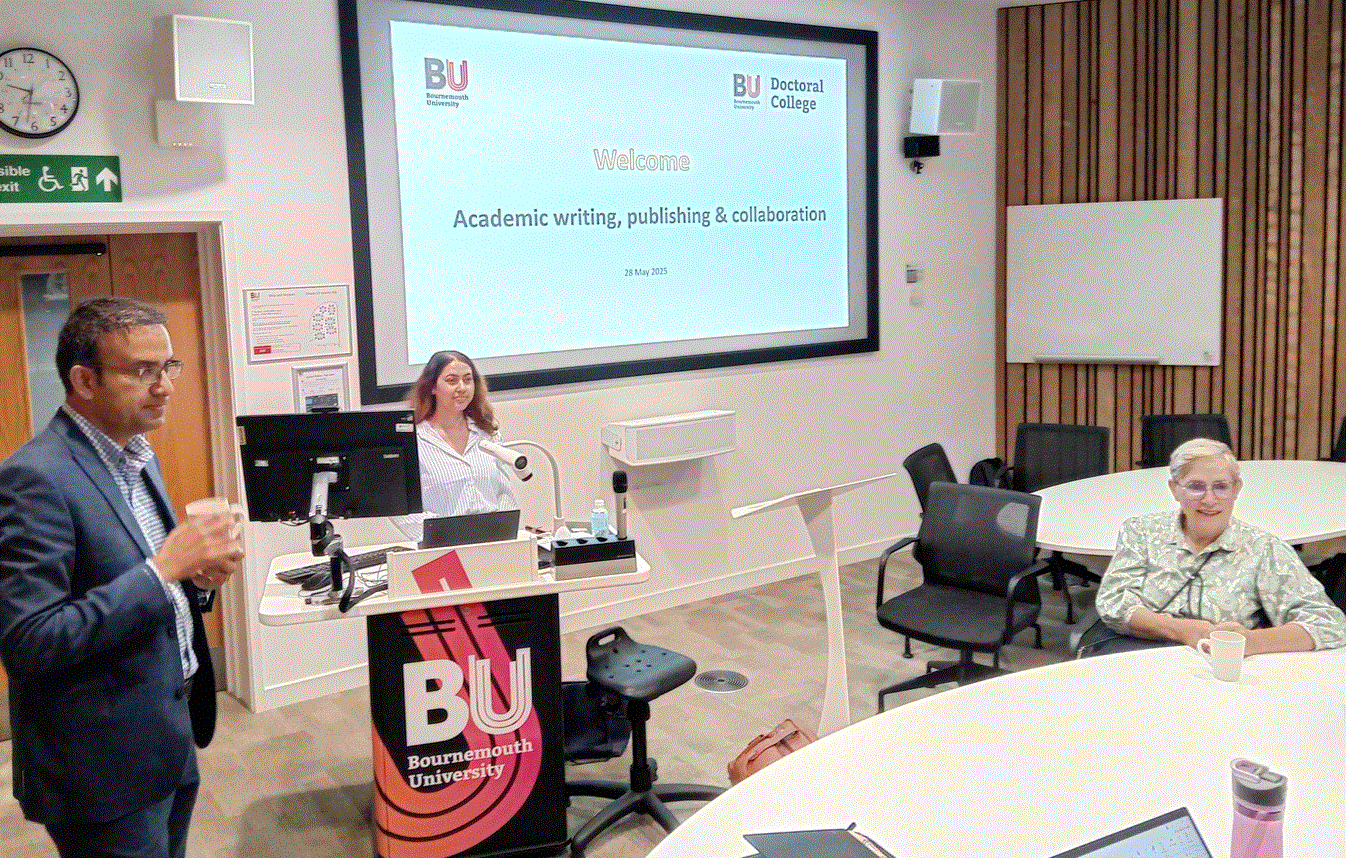 Last week’s workshop on ‘Academic Writing, Publishing & Collaborating’ held at Talbot Campus organised by Mrs. Anjana Paudyal, Ph.D. student in FHSS (Faculty of Health & Social Sciences) was very engaging and very well attended. This event was part of the Doctoral College’s Research Culture and Community workshop series. The workshop was opened by Anjana, who spoke about publishing her first PhD paper in the first half year of her part-time PhD journey.
Last week’s workshop on ‘Academic Writing, Publishing & Collaborating’ held at Talbot Campus organised by Mrs. Anjana Paudyal, Ph.D. student in FHSS (Faculty of Health & Social Sciences) was very engaging and very well attended. This event was part of the Doctoral College’s Research Culture and Community workshop series. The workshop was opened by Anjana, who spoke about publishing her first PhD paper in the first half year of her part-time PhD journey. Key sessions in this interactive workshop included presentations from Ms. Jillian Ireland based at UHD (University Hospitals Dorset NHS Foundation Trust) and academics based at BU. Jillian spoke about her experience of publishing in practice journals as well as publishing papers about practice in academic journals.
Key sessions in this interactive workshop included presentations from Ms. Jillian Ireland based at UHD (University Hospitals Dorset NHS Foundation Trust) and academics based at BU. Jillian spoke about her experience of publishing in practice journals as well as publishing papers about practice in academic journals.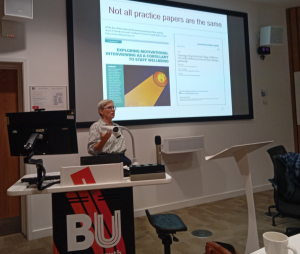
 papers or reports.
papers or reports.
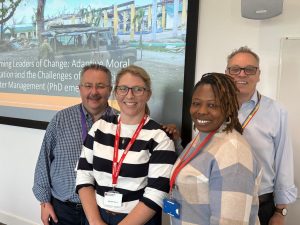


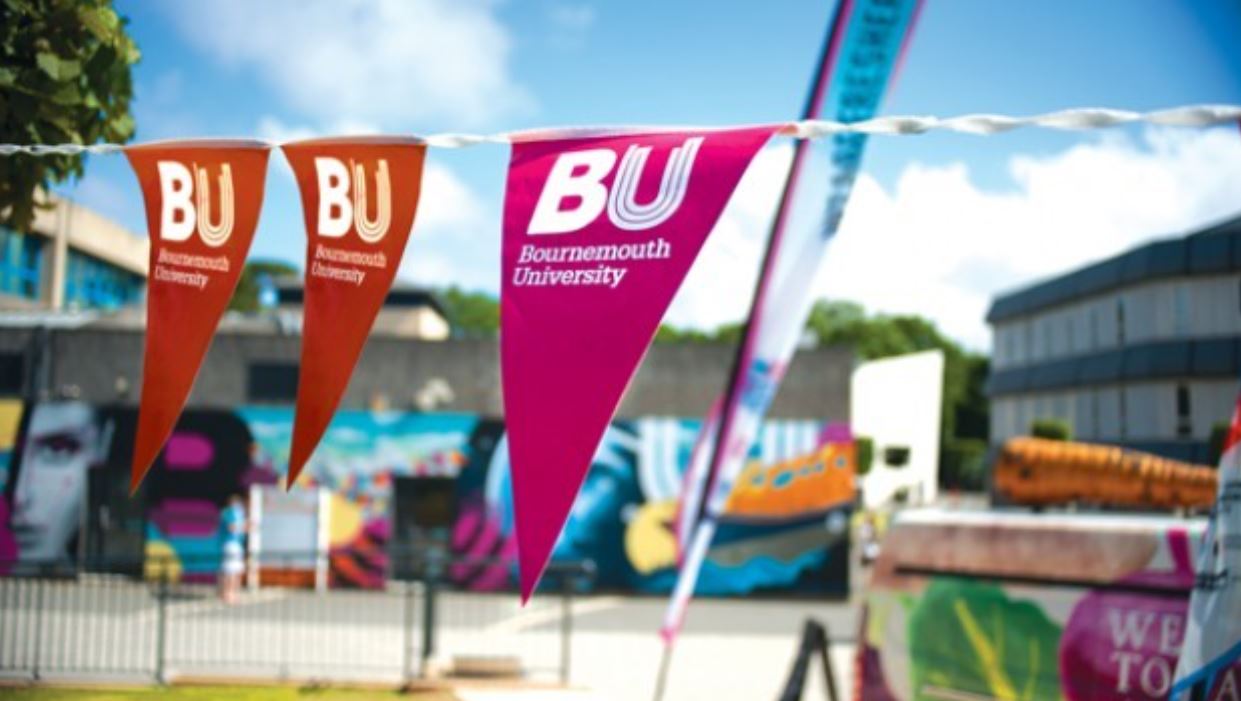 We can help you promote public engagement with research events through our monthly newsletter and social media channels.
We can help you promote public engagement with research events through our monthly newsletter and social media channels.
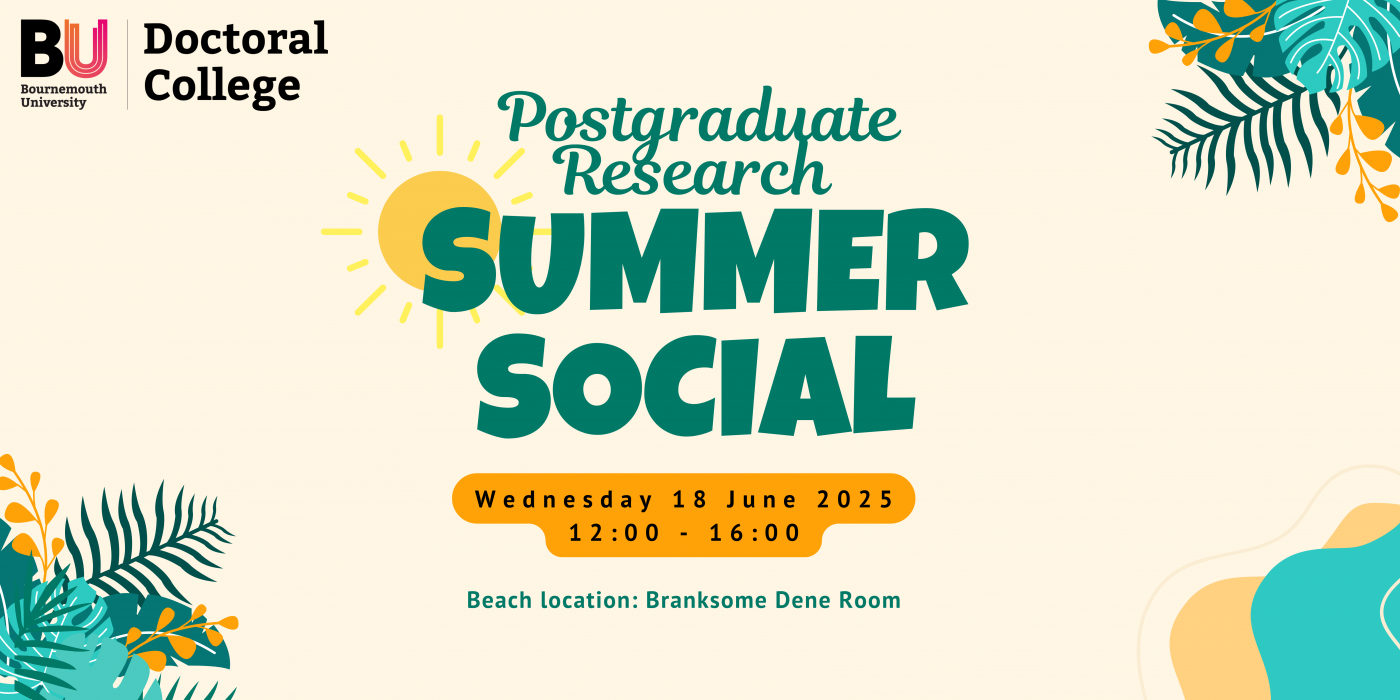



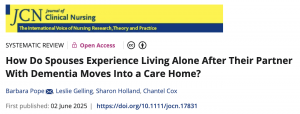














 Expand Your Impact: Collaboration and Networking Workshops for Researchers
Expand Your Impact: Collaboration and Networking Workshops for Researchers Visiting Prof. Sujan Marahatta presenting at BU
Visiting Prof. Sujan Marahatta presenting at BU 3C Event: Research Culture, Community & Can you Guess Who? Thursday 26 March 1-2pm
3C Event: Research Culture, Community & Can you Guess Who? Thursday 26 March 1-2pm UKCGE Recognised Research Supervision Programme: Deadline Approaching
UKCGE Recognised Research Supervision Programme: Deadline Approaching ECR Funding Open Call: Research Culture & Community Grant – Apply now
ECR Funding Open Call: Research Culture & Community Grant – Apply now ECR Funding Open Call: Research Culture & Community Grant – Application Deadline Friday 12 December
ECR Funding Open Call: Research Culture & Community Grant – Application Deadline Friday 12 December MSCA Postdoctoral Fellowships 2025 Call
MSCA Postdoctoral Fellowships 2025 Call ERC Advanced Grant 2025 Webinar
ERC Advanced Grant 2025 Webinar Update on UKRO services
Update on UKRO services European research project exploring use of ‘virtual twins’ to better manage metabolic associated fatty liver disease
European research project exploring use of ‘virtual twins’ to better manage metabolic associated fatty liver disease